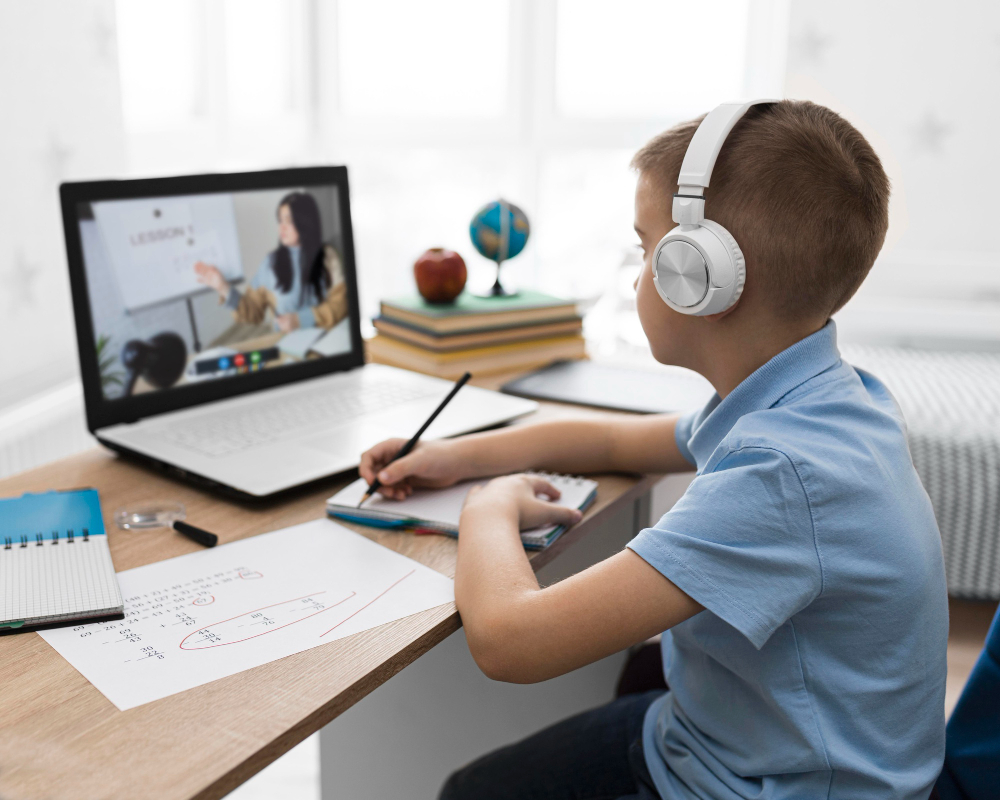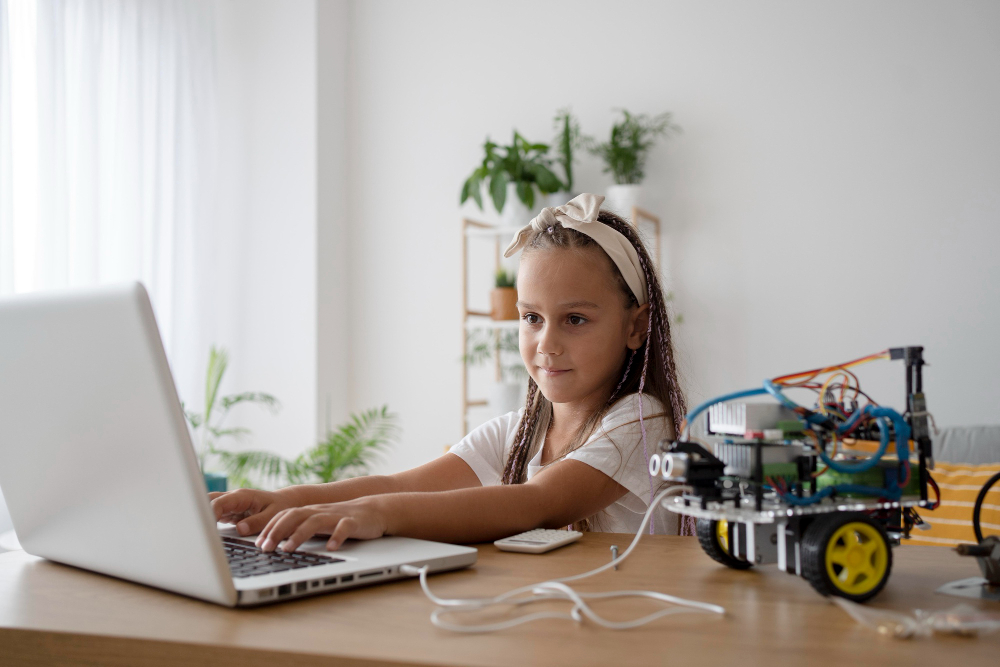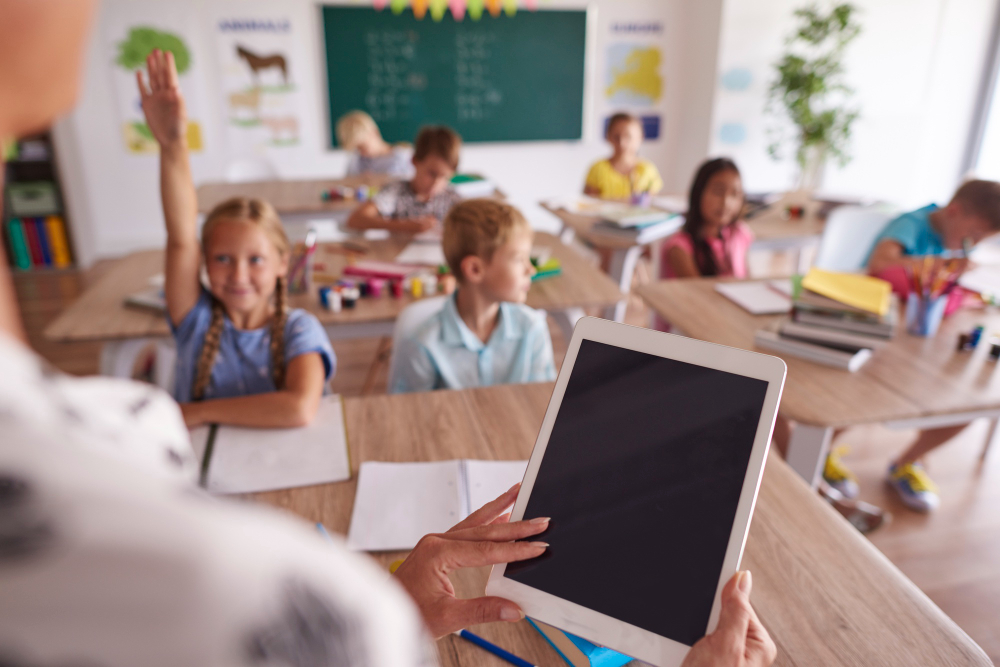In recent years, the world has witnessed a radical transformation in educational methods, where remote learning has become a primary option rather than just a temporary alternative. With the rapid advancement of technology and changing job market needs, a promising future looms for this learning style. So what can we expect from remote education in the coming years?
1. Evolution in Technologies Used
Artificial Intelligence (AI), Augmented Reality (AR), and Virtual Reality (VR) are expected to play a pivotal role in improving the quality of remote education. Imagine students attending three-dimensional chemistry lab experiences from home, or interacting with virtual medical models using augmented reality technology. These innovations will make learning more interactive and realistic.
2. More Personalized Learning Experience
Thanks to artificial intelligence and data analysis, teachers and educational platforms will be able to deliver customized content that matches each student's level and preferred learning style. This means every student will receive a unique educational experience that accelerates the learning process and improves outcomes.
3. Greater Flexibility and Lifelong Learning
Remote education will transform into a more flexible model, allowing students to determine their own schedule and study pattern that suits them. This approach encourages continuous learning throughout life, where anyone, at any age, can acquire new skills or change their career path without needing to return to traditional classroom settings.
4. Enhancing Social Interaction in New Ways
Although remote education lacks face-to-face interaction, the future holds smart solutions to enhance interaction between students through virtual discussion rooms, online group projects, and instant communication tools that simulate a real classroom environment.
5. Wider Adoption by Educational Institutions
Universities and schools around the world are rushing to adopt hybrid models that combine physical attendance and digital learning. As digital infrastructure develops and technical challenges are overcome, remote education will become an integral part of future educational plans.
The future of remote education is not limited to delivering lectures online, but extends to revolutionizing how knowledge is acquired and transferred. Technology, flexibility, and customization will drive this change and open unprecedented horizons for learners worldwide. The biggest challenge remains achieving digital justice and ensuring everyone has access to these technologies, so that progress doesn't turn into a gap between those who possess knowledge and those who cannot access it.RetryClaude can make mistakes. Please double-check responses.



